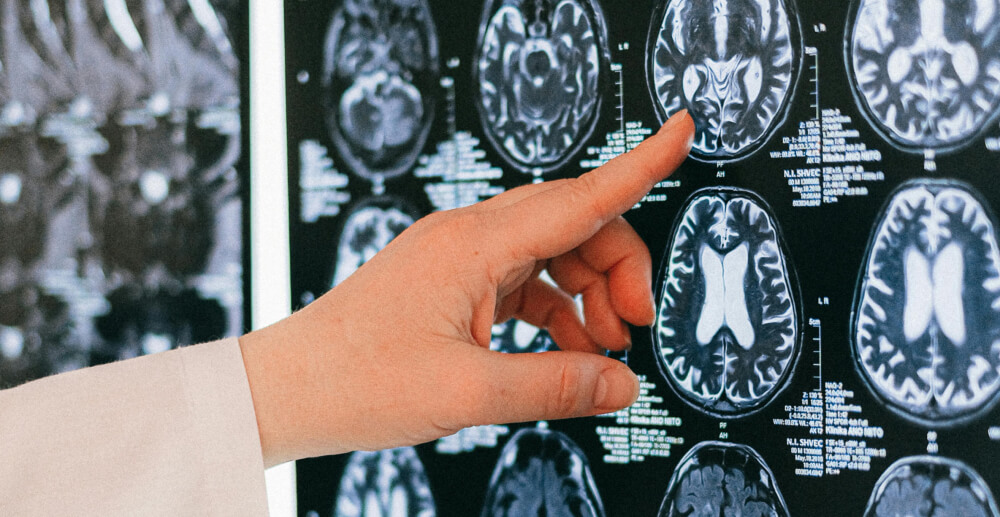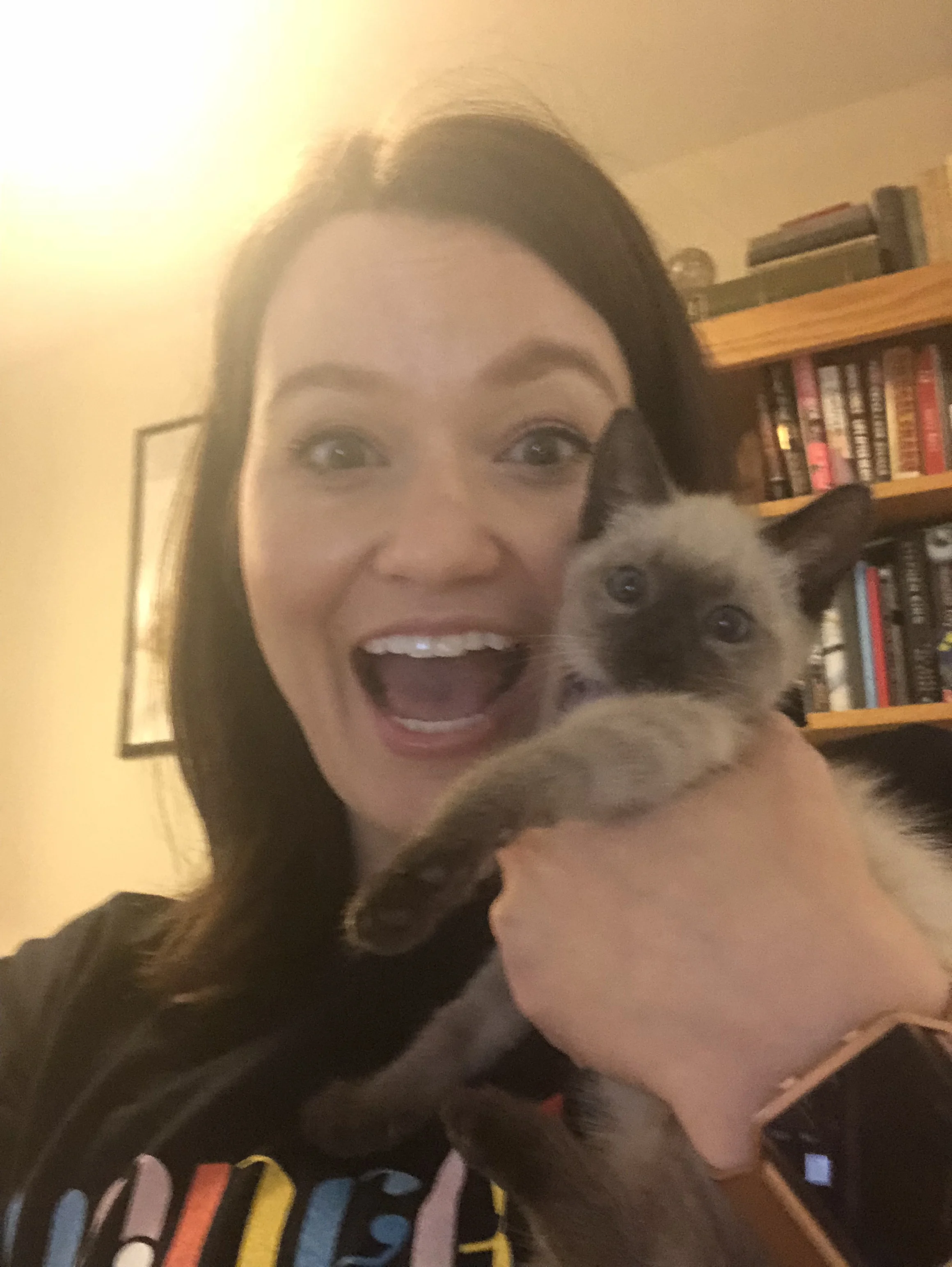September is National Recovery Month, and at Workit Health we’re celebrating all month long.
National Recovery Month’s theme this year is Join the Voices for Recovery: Invest in Health, Home, Purpose, and Community.
A big part of community when working in addiction treatment is the culture of recovery created through the workplace. I caught up with members of our team at Workit Health to talk about what working in recovery means to them, and why it matters.
Lisa, Workit Health’s Co-Founder and Co-CEO
As in most aspects of my life, I don’t follow cookie cutter formulas for living a “recovery lifestyle.” I’ve always had a questioning soul, and have never been one to adopt a model hook line and sinker. When I was just getting started in recovery, it was critical for me to be surrounded by diverse models of “recovery.” One of the early standouts on my recovery path was the social worker who ran my intensive outpatient program who now drank moderately but had a history of drug addiction. It was important for me to see that was a possible path (albeit one that didn’t end up panning out for me). At that stage in my journey a person like myself today with 16 years of sobriety just seemed like a weirdo with nothing better to do than hang out in a self-help group. They didn’t “have something I wanted.”

What was most liberating was when I started to meet people who worked in the space who just preferred the sober lifestyle. The question of whether or not they “truly had the disease of alcoholism” was a mute point. They’d become addicted to consciousness and wouldn’t trade it for the world. They are the reason I work in the field today and love my teetotaler lifestyle. It made me giddy seeing all the luminous things they’d filled their life with now that it wasn’t bogged down in numbing out. Being one of those lights is my north star. They make sobriety go viral, they make everybody else out there look like they’ve lost their edge, rather than the other way around. September is National Recovery Month, a great time to honor all the lights you’ve been lucky enough to bump into on your path. Someday they will outnumber the stars.
Andrea, Social Work Intern
I have been a librarian for twelve years and I love it very much. After five years of sobriety and reading enough books on addiction, recovery, the War on Drugs, criminal justice reform, and public policy, I felt a pull to change professions and decided to go back to school for training to work in the substance abuse field. Working in recovery aligns with where I am at today. It answers the need to give back that many of us in recovery feel and provides me with a greater sense of purpose.
Hanna, Social Work Intern
With Recovery Month well underway, I find it pertinent to discuss the importance of celebrating individuals who use all of their strength to make changes in their own lives. Being in recovery is a huge process for those who are impacted by addiction. Having a substance abuse disorder, as well as a co-mental health disorder means that you cannot just will away the problem. The drugs essentially alter brain chemistry, making recovery a long, tiring, and complex process that often involve trials and tribulations. Recovery is also facing the stigma and stereotypes that are attached to substance abuse and mental health disorders.
Recovery Month holds its own importance. It’s a way to share your story, to be a voice to others who are too afraid to speak up, and essentially make it known world-wide that others who are struggling with addiction are not alone. With that, to those who are taking steps to improve their quality of life from mind-altering substances, mental health issues, or any other addiction: I am incredibly proud of you.
Kali, Head of Community
There is so much power in hearing that people’s lives were also really, really bad in the depths of addiction and then they got better in recovery. I will never get tired of hearing recovery stories. Because when I was drinking and using, I was convinced I was the only person struggling not to drink or use drugs at 4am alone in my apartment. I was so isolated. Now, whether it’s at 12-step recovery meetings, in Workit Health audio shares, through blogs and social networks, or recovery podcasts, our stories remind me every day that there is no right or wrong way to recover, and that recovery is possible. It’s not only possible, but progressive.
In early sobriety, I wasn’t sure I’d ever be able to hold down a full-time job. I never imagined myself working full-time for a recovery company, but there was a lot I couldn’t imagine about what my life looks like today. I was just grateful to not be in withdrawal and not have crippling social anxiety, and more than that felt like icing on the cake. It’s a strange and exciting time to work in addiction recovery, as ideas about treatment are evolving and even the language is changing. We’ve lost too many friends and family members to drugs and alcohol to live in the status quo. We must push forward, even if it means we all must learn and grow in the process.
If you’re in a place today where you aren’t sure you’re going to make it until tomorrow, then I’d remind you that Workit Health was founded by two women who also felt that exact same way at their low points. Today they’re in long-term recovery, CEO’s of their own company, and using their past struggles to build better experiences for those looking for help.
We can and do recover, in Recovery Month and every month.











